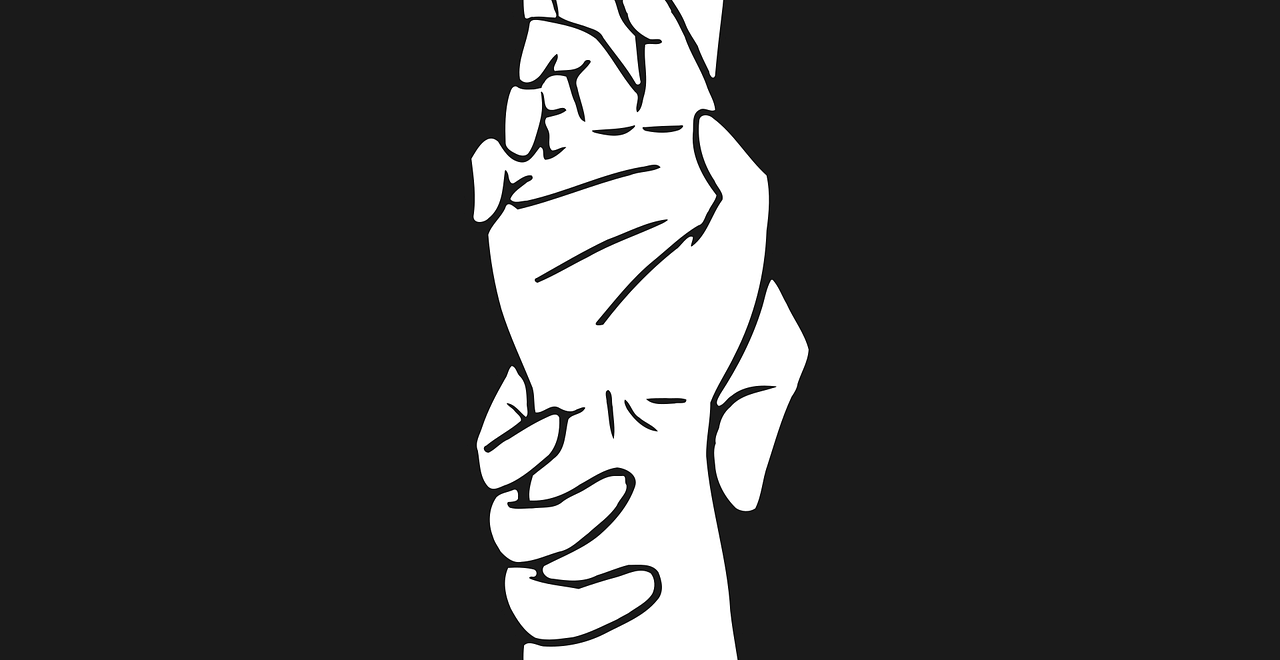Post-Incarceration Syndrome (PICS) isn’t a fancy medical word, but it’s used to talk about the problems people have when they come out of jail and try to fit back into society.
These problems can be because of different things, like how long they were in jail, what happened to them there, and if they have people to help them.
To help these people feel better and get back on track, they need things like counseling, friends who support them, and chances to learn and work.
PICS is when people have a hard time after they get out of jail.
It can make them feel sad, scared, or angry.
They might have trouble fitting in or finding a job.
Some might start using drugs or feel alone.
It’s tough for them to feel okay again after being in jail.
Post-incarceration syndrome can happen because of trauma or bad experiences during prison, like violence or abuse, can hurt their mental health even after they’re out.
Being in prison is really stressful, and that stress can stick around even after they’re free.
When they come out of prison, they might not have enough help finding a home, a job, or reconnecting with family and friends.
People who were in prison often face discrimination, which can make them feel bad about themselves and make their mental health worse.
Some people turn to drugs or alcohol to cope, which can make their mental health problems worse.
Many people leaving prison don’t get the support they need for their mental health, making it harder for them to get better.
Understanding these problems can help us support people with PICS better.
Helping someone with post-incarceration syndrome (PICS) means being patient, understanding, and caring.
Here’s how you can do it:
- Listen carefully: When they want to talk about their feelings or experiences, be there for them and listen without judging.
- Give them courage: Recognize their challenges and give them supportive words to help them stay strong and positive about their future.
- Offer practical help: Guide them to find support services, go with them to appointments, or assist with things like paperwork or job applications.
- Respect their space: Understand that they might need time alone sometimes, and don’t pressure them to do things they’re not ready for.
- Help them connect: Encourage them to join social activities, meet new people, or get involved in community projects.
- Stand up for them: Speak out for them when they need it, whether it’s for fair treatment or understanding from others.
- Learn about their challenges: Take the time to understand what they’re going through and the effects of trauma and mental health issues.
- Be patient and kind: Recovery takes time, so be patient and supportive as they work through their struggles.
Supporting them with love, understanding, and practical help can make a big difference in their journey toward healing and rebuilding their lives.
Getting over Post-Incarceration Syndrome (PICS) can take time and support, but there are several steps that can help someone recover and build a positive life after incarceration.
Overall, overcoming PICS involves a combination of seeking professional help, building supportive relationships, engaging in positive activities, accessing resources, and taking steps toward personal growth and recovery.
It’s a journey that requires patience, resilience, and determination.

